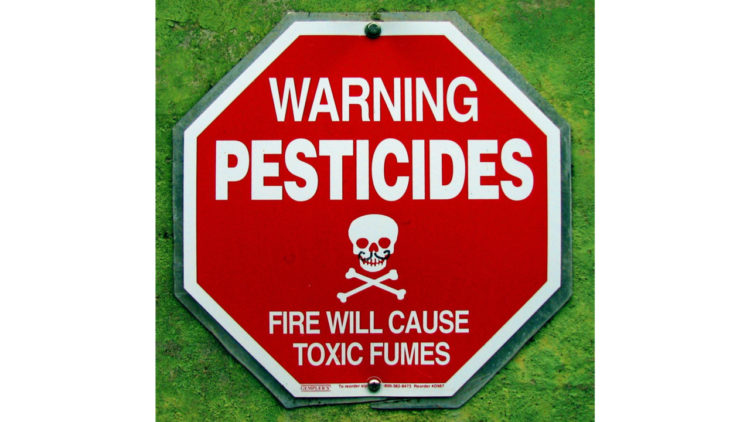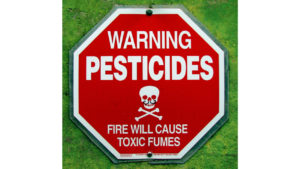
Feeding in a healthy way
It is time to do it. Everyone has everything to gain from the truth.
In the interest of Europe and the world, we must tell the truth to these farmers and at the same time provide them with the means to live decently.
The discourse, and especially the accompanying policy, should focus on the ten following points:
1. Feeding the country’s population in a healthy way, with products in compliance with rules implemented by a legislator independent of the lobbies, remains more than ever a strategic and geopolitical necessity.
2. In the general quest for transparency, consumers will increasingly want to know everything about the origin of the agricultural raw materials and the manufacturing processes that go into what they eat and drink.
3. They will want much healthier food, produced in a way that will not harm them, their children or the environment. In particular, they will want products containing much less sugars and GMOs, and from a truly reasoned agriculture that is both local and organic.
4. This healthy food should not be reserved for a so-called elite. Rather, it should be available to everyone at reasonable prices and, to the greatest extent possible, accessible by way of local distribution channels.
5. To meet these requirements, consumers will have to devote a greater share of their purchasing power to healthy eating, which today has been cut short by the pervasive demands of multimedia and mobile technology.
6. A large share of the added value and profits from the food chain will have to stop going mainly to the industrialists, who impose their prices on farmers and distributors, thus making huge profits with products that everyone knows are too sweet and at times made with unhealthy agricultural products. Perhaps it will even be necessary to give consumers specific purchasing power to buy quality products produced locally.
7. This policy cannot be decreed from one day to the next. In particular, the State must help this transition by establishing, in dialogue with the farmers, a plan—“all organic in 2025”—allowing them to prepare for this inevitable evolution. Through a policy of assistance and advice, as well as a voluntary international policy. In particular, the State should not hesitate to prohibit the importation of conventional agriculture (defined here as the opposite of reasoned agriculture) and non-organic products, or at least oblige the labelling of non-organic and conventional agriculture components of products supposedly made in France. The 2020 Common Agricultural Policy must also move toward this policy direction.
8. This policy ought be supported by major research and innovation efforts, in a sector whose importance is at least as great as that of digital.

9. Such a policy will improve the life expectancy of all consumers, create decent jobs in agriculture, enable farmers to develop energy production and ecotourism, restore their lost pride and maintain life in our territories.
10. The French agricultural model is no longer successful. France is no longer in the lead, neither in agricultural exports nor in reasoned agriculture (defined here as the opposite of conventional agricultural methods). Furthermore, we do not lead in organic agriculture (Austria, Italy and Sweden for example have proportionally more organic parcels than France).
The tragedy of today’s French farmers (who have been disillusioned for twenty years into thinking that Paris and Brussels would always be there to finance their surpluses) must stop.
Becausewith the exception of a few, farmers are sinking into misery, which will accelerate the proletarianization of our territories.
What do you think?